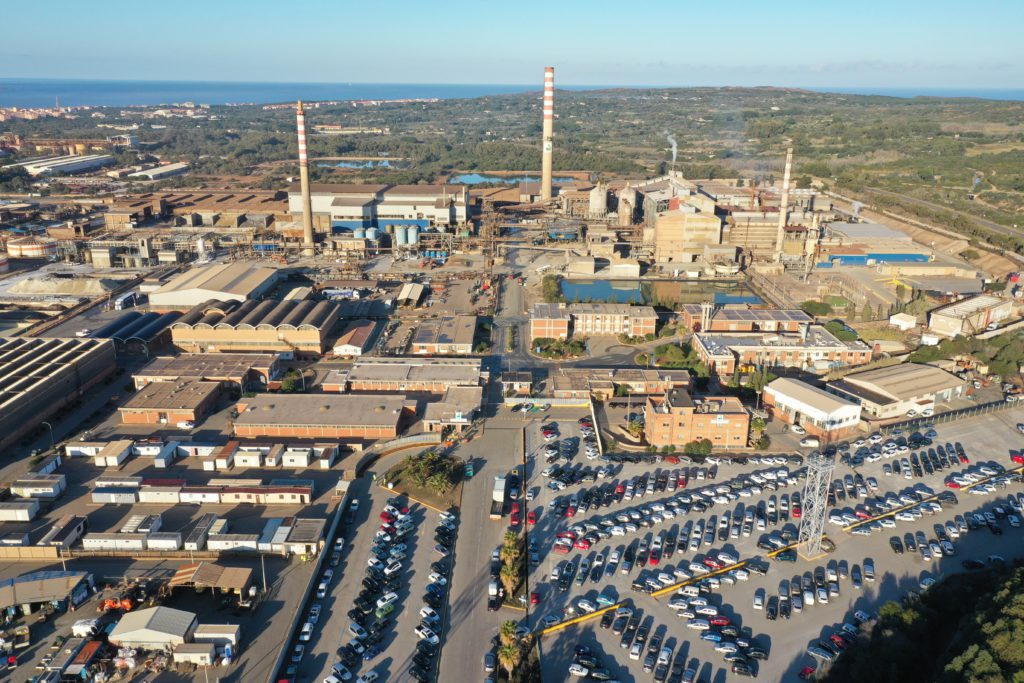Glencore’s documents on planned EV battery recycling hub not enough for Sardinia

Papers filed by Glencore Plc to support its plans to develop an EV battery recycling hub on the Italian island of Sardinia are not sufficient to assess the plant’s impact on the environment, a document issued by the regional government showed.
The risks stemming from the raw materials to be treated at the plant need to be addressed, the document said.
The Swiss miner said in May that it wanted to develop a recycling hub for electric vehicle (EV) batteries with Canada’s Li-Cycle and filed a request for approval for a pilot plant to be based on Sardinia.
Sardinia’s government last month rejected the request for a fast-track approval process, prompting Glencore to say the two groups might look at alternative locations outside Italy.
In a document relating to the decision to reject a fast-track process, Sardinia’s councillor for environmental protection said the region needed to investigate further several aspects of the project through an extensive environmental impact analysis.
“It is not possible to rule out negative and significant impacts on the environment linked to the project under review,” Sardinia’s councillor said citing a preliminary assessment by the region on the project.
Under Italian law, a complete review of the project’s environmental impact can take up to six months but terms may potentially be extended as the administration and the companies continue to work on the authorisations needed.
“Fast-track procedures are only allowed on matters deemed as urgent, otherwise the regular path would be followed,” said Aurelio Angelini, an independent expert in administrative procedures concerning environmental impacts.
Glencore declined to comment on the issue.
Li-Cycle and Glencore Plc said in May the recycling hub would process the so-called “black mass” to produce battery materials including lithium.
Black mass is the shredded material which comes from used batteries, which can include lithium, cobalt, and nickel. These metals can then be extracted and used to make new batteries.
“The presence, in liquid or gaseous emissions, of lithium and other metals or chemicals contained in the black mass … requires an in-depth investigations of the effects,” the Sardinian government’s document said.
(By Francesca Landini, Angelo Amante and Clara Denina; Editing by Susan Fenton)
{{ commodity.name }}
{{ post.title }}
{{ post.date }}




Comments